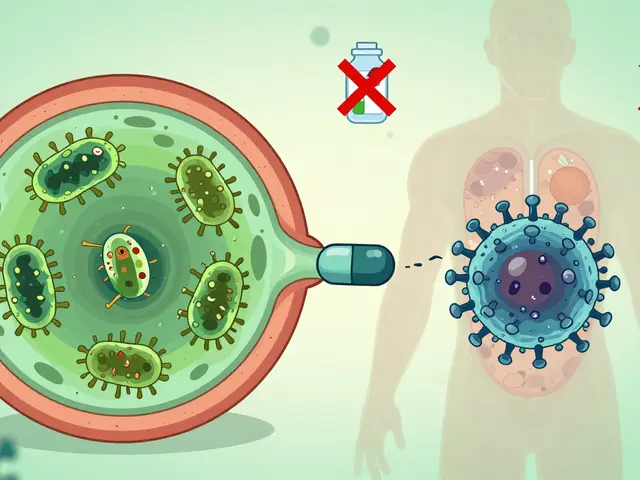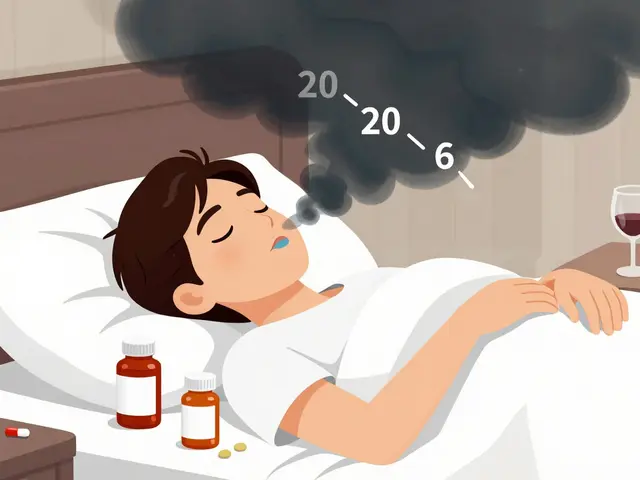Air Pollution: Protect Your Health and Find Safe Medication
Air pollution sneaks into daily life — traffic exhaust, wood smoke, industrial fumes, even dust from construction. You can’t always stop it, but you can cut the harm. This guide gives clear, practical steps to lower exposure, protect kids and seniors, and make smart choices about breathing-related medicines and online pharmacies.
Know the risk and act fast
Check your local Air Quality Index (AQI) before outdoor plans. On bad days (AQI in the orange or higher), skip long runs, intense sports, or outdoor chores. If you have asthma, COPD, heart disease, are pregnant, or care for small kids, treat poor air quality as a real health risk. Symptoms like wheezing, chest tightness, unusual cough, or headache mean move indoors, get medical advice, and use rescue inhalers if prescribed.
Keep a simple kit: your inhaler or nebulizer parts, a written action plan from your doctor, and extra medication if long smoky seasons or wildfires are common where you live. If you rely on prescription meds, consider reputable online pharmacies as a backup — but only buy from sites with clear contact info, visible reviews, and proper licensing. Avoid bargain sites that hide details or sell without prescriptions.
Make your indoor air safer
Most exposure happens indoors because we spend so much time inside. Start with ventilation: when outdoor air is cleaner, open windows for short periods to flush stale air. On high-pollution days keep windows closed and run an exhaust fan in the kitchen and bathroom. Add a HEPA air purifier to rooms where you spend most time — bedrooms are a smart choice. HEPA filters cut fine particles (PM2.5) that damage lungs and heart.
Cut indoor pollution at its source. Don’t smoke indoors. Use safer cooking practices (range hoods, lower heat for frying). Avoid candles and incense when air quality is poor. Vacuum with a machine that has a HEPA filter and clean filters regularly. If you have pets, brush them outdoors to reduce dander.
When outside is unavoidable, wear a well-fitting N95 or similar respirator on very bad air days. Cloth masks don’t stop fine particles. Carry water, rest often, and favor short walks over long workouts.
Finally, work with your healthcare provider. Ask how air pollution affects your meds and whether you need a stronger action plan during high-alert seasons. If you buy prescriptions online, use trusted services like Online Pharmacies Canada: Your One-Stop Pharmacy Guide to verify sellers, compare prices, and confirm legitimacy. Keep records, check expiration dates, and never substitute prescribed inhalers without talking to your doctor.
Small, steady steps — checking AQI, improving indoor air, using the right mask, and managing meds responsibly — cut most of the risk. You can’t control every smoky day, but you can control how you respond.

Air Pollution and Breathing Disorders: How Bad Air Messes with Your Lungs
This article breaks down how air pollution damages your lungs and leads to breathing disorders. You'll learn where these pollutants come from, the specific ways they attack your airways, and who gets hit the hardest. Real-life examples and unusual facts help connect the dots between what's in the air and how you feel. Packed with straightforward advice, you'll find out how to protect yourself—especially on those days when the sky doesn't look or smell right. Whether you live in a busy city or the suburbs, this read gives you the tools to breathe easier.
view more

